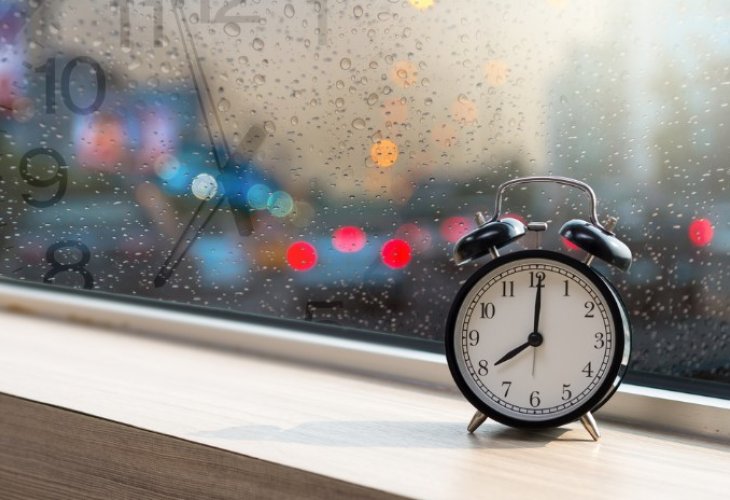New Study Warns: Switching to Winter Time Can Lead to Depression
Researchers have discovered that the number of major depression diagnoses significantly increases during the month after the switch to winter time, as does the number of hospitalizations due to depression. Why does this happen?
 (Photo: shutterstock)
(Photo: shutterstock)Did you remember to move the clock hands? The switch to winter time is occurring these days not only in Israel but also in Europe, and soon it will take place in the United States. While some might be pleased that 6 AM will no longer be associated with dark gloom and that children might be convinced to go to bed a bit earlier, a new study reveals that the switch to winter time has a negative impact on our psychology.
A study by Aarhus University in Denmark, published these days, found that the number of individuals hospitalized due to depression significantly rises immediately after the switch from summer to winter time. In the month following the change, the number of depression diagnoses increases by eight percent. These data are based on the analysis of 185,419 patients diagnosed with depression in Denmark between 1995 and 2012.
"We are quite certain that the switch to winter time is what causes the increase in severe depression cases, not the change in daylight duration or bad weather, factors we considered in the study," say the Danish researchers. They also note that although the study focused only on severe depression cases severe enough to lead to hospitalization, it is likely that milder depression cases also increase for the same reason. "We believe the entire spectrum of depression in its various severities is affected by the switch to winter time, and since depression is a very common illness, an eight percent rise is quite significant."
The study did not definitively identify the mechanism causing the increase in depression cases, but the researchers speculate that the extra hour of morning light, which is ‘taken’ from the evening, is a factor. "It seems that humans benefit less from sunlight in the early morning hours, as most of us are getting ready at home or are in a car or bus on the way to work or studies. And in winter time, when we return home - it's already dark," the researchers explain. "Additionally, the switch to winter time is probably associated with a negative psychological effect, as something that marks the beginning of a period of cold and dark days."

